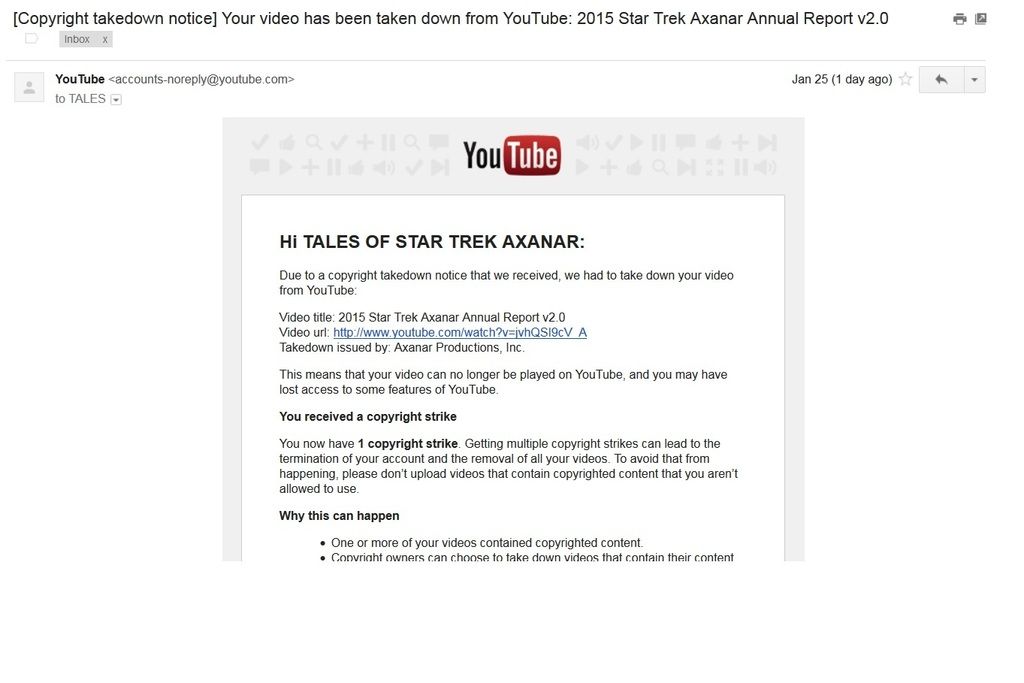Regarding the other kickstarters where donors got their money back, did the risk of failure happen? Meaning, if this happens the project will fail.
Peters told them how they might lose their money.
I'm sure some people might try and get their money back, but there's a great defense: We told you CBS might shut us down, and you still donated.
It's sort of like gambling and then sueing the casino because you lost money. Unless the casino rigged it....
And I don't think Peters planned on CBS stopping them.
My guess is that donors could try (long-shot, I feel) arguing it was a purchase and sale, e. g. they purchased the perks in exchange for a film being made. Or maybe that the items purchased through the donor store (models and posters and tee shirts as I understand) had perceived added value because of the potential for the film being made. No film, then value (possibly) is decreased. Or maybe it's increased due to rarity and novelty value?
If it's ruled that these are purchases and sales then we are potentially even hitting quasi-contract territory. Fan provides shared consideration (funds) in exchange for a film being made. A defense to that would be impossibility, that the film cannot be made because of a loss in the IP lawsuit. If this happens, BTW, then it hits crowdfunding directly, as one of the pillars of crowdfunding is the donors absorb pretty much all of the risk.
Fans could also potentially sue on the theory that value for Axanar merchandise would (in theory) decrease if a generic science fiction film, unattached to Star Trek were to be permitted under the terms of a ruling or settlement.
It kind of depends on a ruling on who can/will absorb the risk. In a situation where the terms of an agreement are 100% against one of the parties (in this case, the donor), courts may decide to intervene for equitable reasons. After all, the donors have no bargaining power whatsoever, except to not donate. But once they're in, they take on all of the risk. How hard do project owners have to work in order to assure a project goes forward or at least they tried? Where is the due diligence line? That line may be drawn in a court room (and not necessarily on the Axanar case, BTW).




